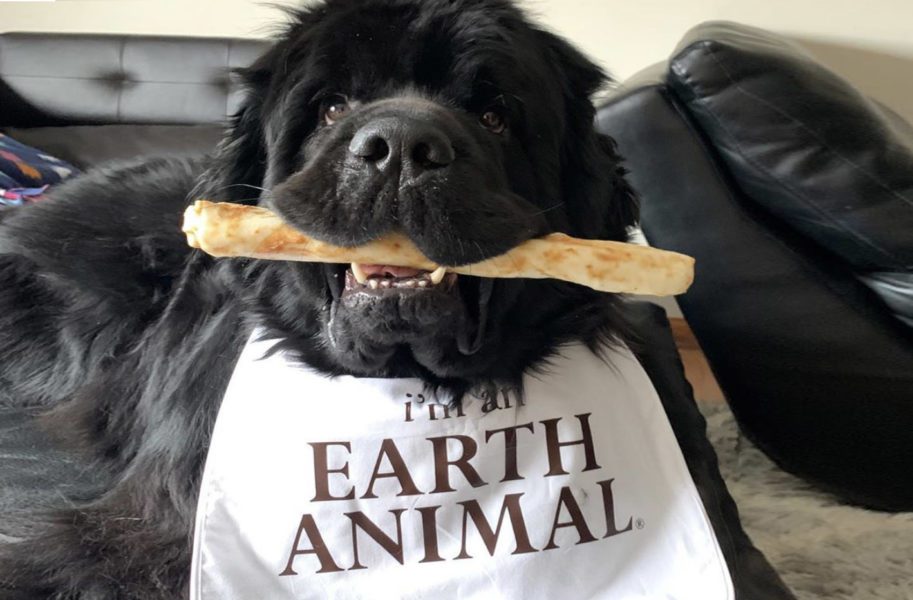We all want our pets to live long, healthy lives. And we all know that vaccinations protect our pets against certain diseases. However, it is also possible that some vaccinations may have the unintended consequence of harming our pets. In our Home Healer on Vaccine Protection and Safety, we discussed ways to minimize any possible discomfort your pet may have as a result of receiving a vaccine injection. Here, we would like to discuss the issue of vaccinating in greater detail, explaining the pros and cons of vaccination and how you can Vaccinate with Wisdom.
A Brief History: We hopped off the traditional vaccination bandwagon over 25 years ago and we haven’t looked back since. It hasn’t always been easy convincing the skeptics, but that has never been our goal. Instead, our goal has always been to find another way and do what is best for animals.
We first became suspicious that vaccinations might be linked to disease as a result of observations in our clinical practice. After researching the topic and seeing clients bring in pets with serious diseases looking for another way to treat their beloved animal companions, we decided to do a little research of our own. We surveyed 35 clients whose animals had cancer and learned that 90% of them had received a vaccine injection in the two months prior to being diagnosed. Yes, this is anecdotal evidence and not a controlled study. But the results are still meaningful and showed us that the idea of routine vaccinations deserved a deeper look.
After this, we further considered the idea that vaccinations – medical interventions meant to protect our animals – might actually be harmful to some of them. It took us a few years to fully believe what we were seeing and work on finding another way to protect our pets without inadvertently increasing the potential for harm. We began gradually with a few clients, but eventually, we developed the Vaccinate Wisely protocol, the bud of our Vaccinate with Wisdom plan, as another way to help our animal friends. We started this protocol first with the understanding that puppies and kittens have different needs than adult and senior animals. We vaccinated the younger animals only for those diseases that posed a risk to them. We then spread out the administration of these vaccines as much as possible and avoided multi-disease combination shots, thereby minimizing antigenic stress on the immune system. Additionally, we performed physical exams on all animals before administering a vaccine to avoid vaccinating an ill, degenerating, or immunologically compromised animal. We also never vaccinated for convenience, such as administering a vaccine when the pet was in for another issue to avoid an additional visit.
New Veterinary Guidelines Support Vaccination Caution:
In 2001, the American Veterinary Medical Association (AVMA) took a cautious first step in the direction of vaccine safety with a position paper on vaccines. While not overly advocating for vaccination reform, this paper clearly states that not all dogs and cats need to be revaccinated annually to maintain health and that vaccines may not all be simple benign agents. In essence, this paper presents scientific research that validates our Vaccinate with Wisdom protocol and the beliefs that holistic practitioners have held firm for more than twenty-five years. The AVMA concludes: “Variation in our patients and their lifestyle, and between the individual vaccine products available, requires a customized approach to vaccination recommendations to best match the variation in the patients presented for immunization.”
Vaccinate with Wisdom: Vaccinating with Wisdom is not anti-vaccination. It is a protocol that follows another way to try to prevent disease in your pet while not inadvertently introducing discomfort or additional illness. Our Vaccinate with Wisdom protocol adheres to the following guidelines:
- Spread each vaccine out at least four- to six- weeks between injections and separate vaccines into individual injections. Avoid the “3-in-1,” “5-in-1,” etc. types of vaccines.
- Never vaccinate when your animal is not feeling well.
- Vaccinate only for those diseases which are potentially life threatening or exist where you live.
- Give your pet Earth Animal’s Immune Support Herbal Remedy after he or she receives a vaccine. This will help keep the immune system strong.
In addition, ask your veterinarian to avoid injecting vaccines in the same place every time. Alter shoulder, neck, and hindquarters and keep a record of each injection and its location. Know the signs of an adverse vaccine reaction and keep a watchful eye on your pet to ensure her or she does not have a serious reaction. Symptoms range from redness, pain, and swelling at the injection site to anaphylaxis, an emergency situation which requires immediate medical attention. Request that your veterinarian use an inactivated or killed vaccine with no adjuvant when possible. Avoid vaccinating pets that have had previous adverse reactions to vaccines or that have these reactions in the bloodline. Finally, feed your pet an immune-boosting diet rich in antioxidants to strengthen his or her natural defenses against disease.
An important note: Do not automatically re-vaccinate for any previously given vaccine without first doing a titer test. The titer test will indicate whether or not your animal still has the antibodies from the initial vaccine.
Homeopathic Detoxification: One way to help alleviate the potential negative effects of vaccines without undoing their benefits is through homeopathic detoxification with Thuja occidentalis 30 C. For the most effect, administer immediately after the vaccine, but these remedies can also mediate the effects of vaccines administered years ago.
Fold a small index card in half and shake out the Thuja pellets into the fold. Without touching the pellets (this can reduce the efficacy), gently crush the pellets from the outside. Place the powder directly onto the membranes of your pet’s mouth or onto the tongue. Give the remedy for three, five, or seven days, depending on how many vaccines were given, according to the following doses:
Cats/Small Dogs (1-14lbs) 1 pellet
Medium Dog (15-34 lbs) 2 pellets
Large/Giant Dog (35+lbs) 3 pellets
Conclusion: Vaccines are an important, and sometimes required, element of your pet’s healthcare routine. Unfortunately, they may also have unintended consequences. Vaccinate with Wisdom and you can be sure that you are following the best protocol available to maximize the health benefits and limit the risk of vaccinating your pet.






